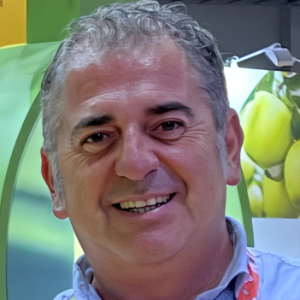Title : Embryo rescue in mediterranean table grapes
Abstract:
The embryo rescue technique has been widely applied to embryo germination of stenospermic grapesin breeding programmes. In the stenospermocarpic genotype, the embryo abort after fertilization during development, so the selection of the sampling time and the growth medium are the most crucial to the success of this technique. This study investigated the effect of best sampling time and media composition on embryo rescue to avoid the high mortality rate. We sampled ovules 5 to 9 weeks after flowering,and we tried adding benzylaminopurine (BA) to the culture medium. The greatest percentages of embryo germination and normal plantlets were obtained when ovules were harvest at 8 weeks after flowering, indicating that it is suitable to harvest ovules at veraison. Murashige and Skoog medium with salts dissolved in half (MS1/2) was used with BA 0; 0,5 and0,25 mM. The percentage of embryos that developed cotyledons and roots were 5,8% with MS1/2 medium, 30,9% with MS1/2+BA 0,5mM and 42,7% with MS1/2+BA 0,25mM. Therefore, the 8-weeks-after-flowering harvest time and the MS1/2+BA 0,25mM medium were selected for use in the embryo rescue protocol in our breeding program.


